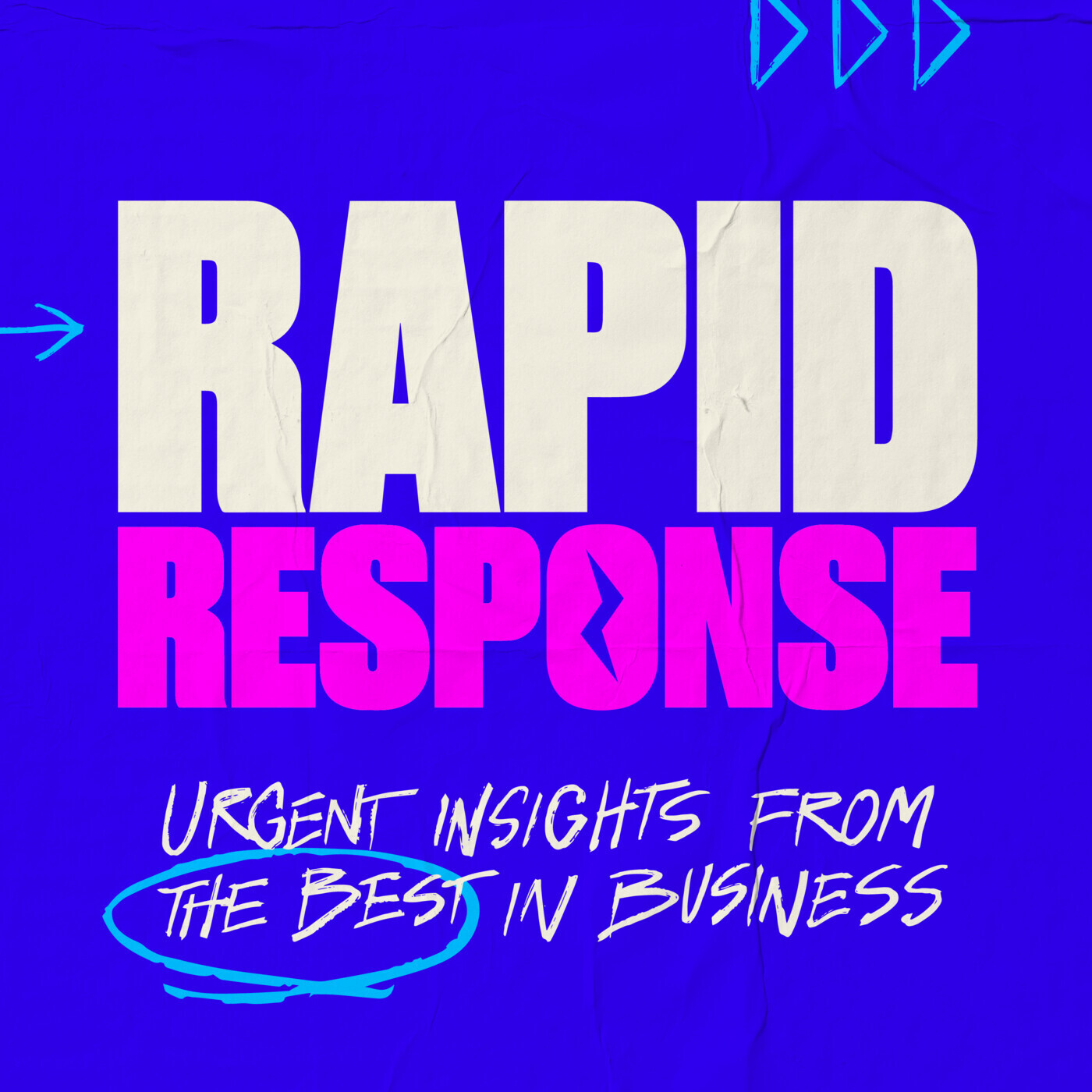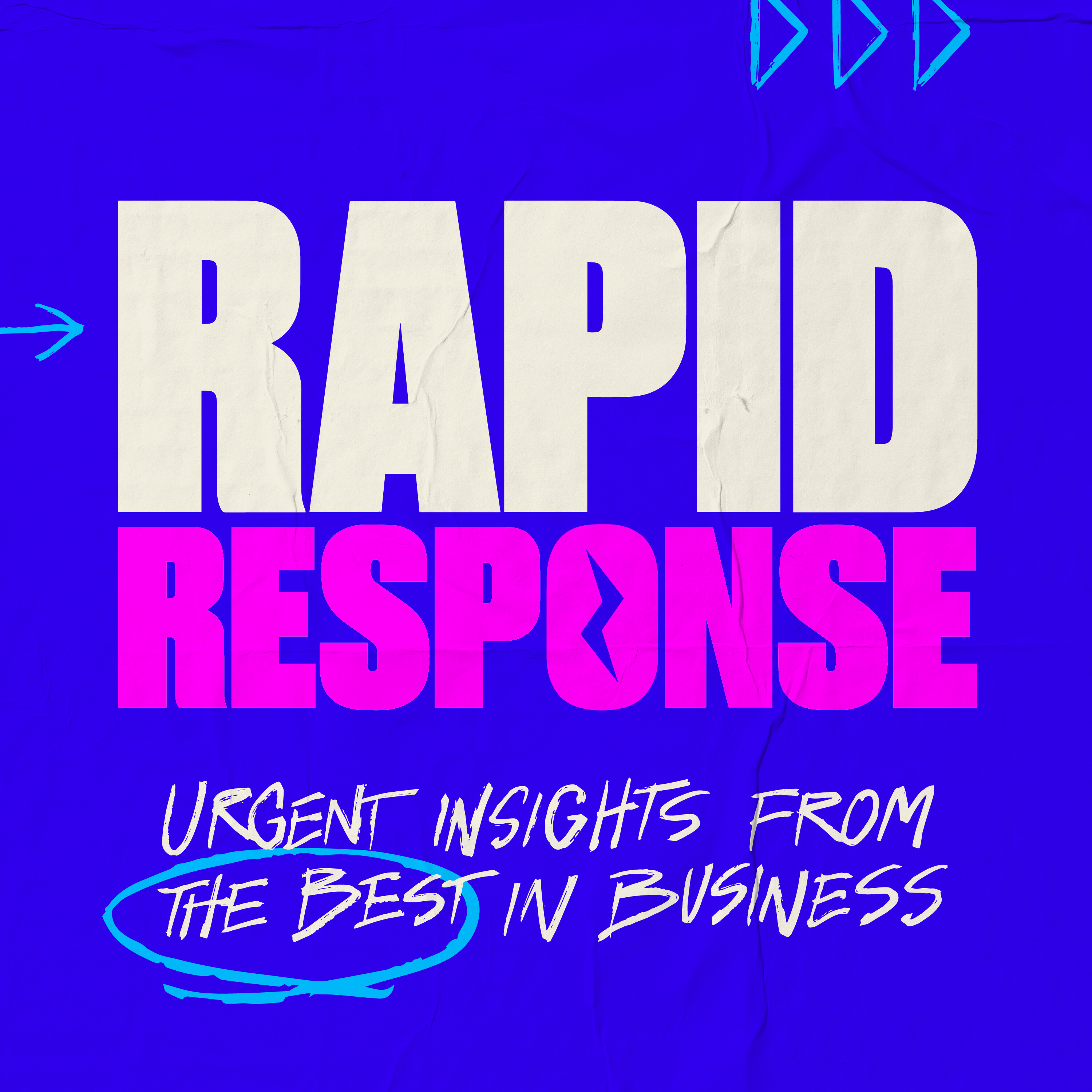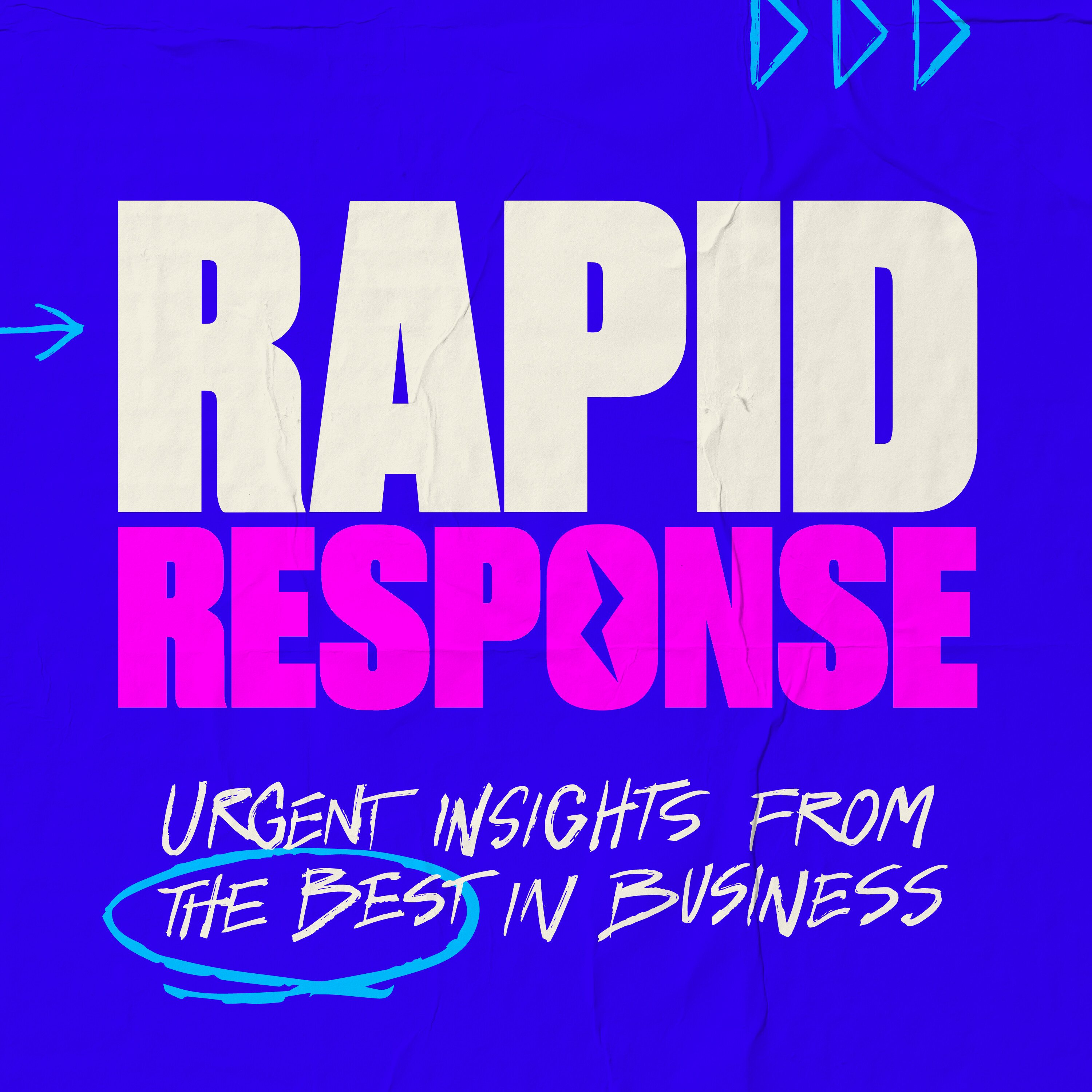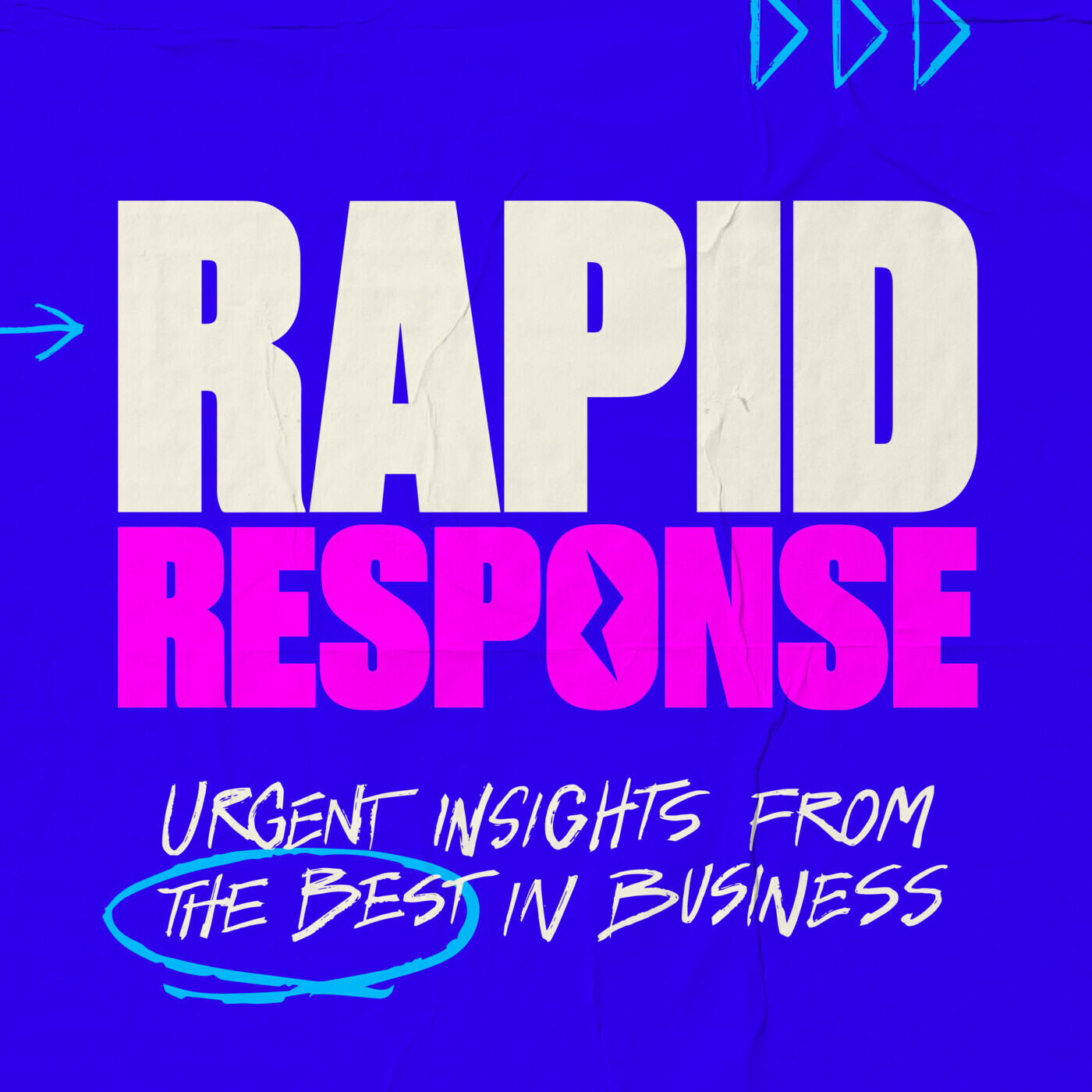
January 14, 2025 • 30min
When disaster strikes: On the ground amid LA wildfires
Masters of Scale
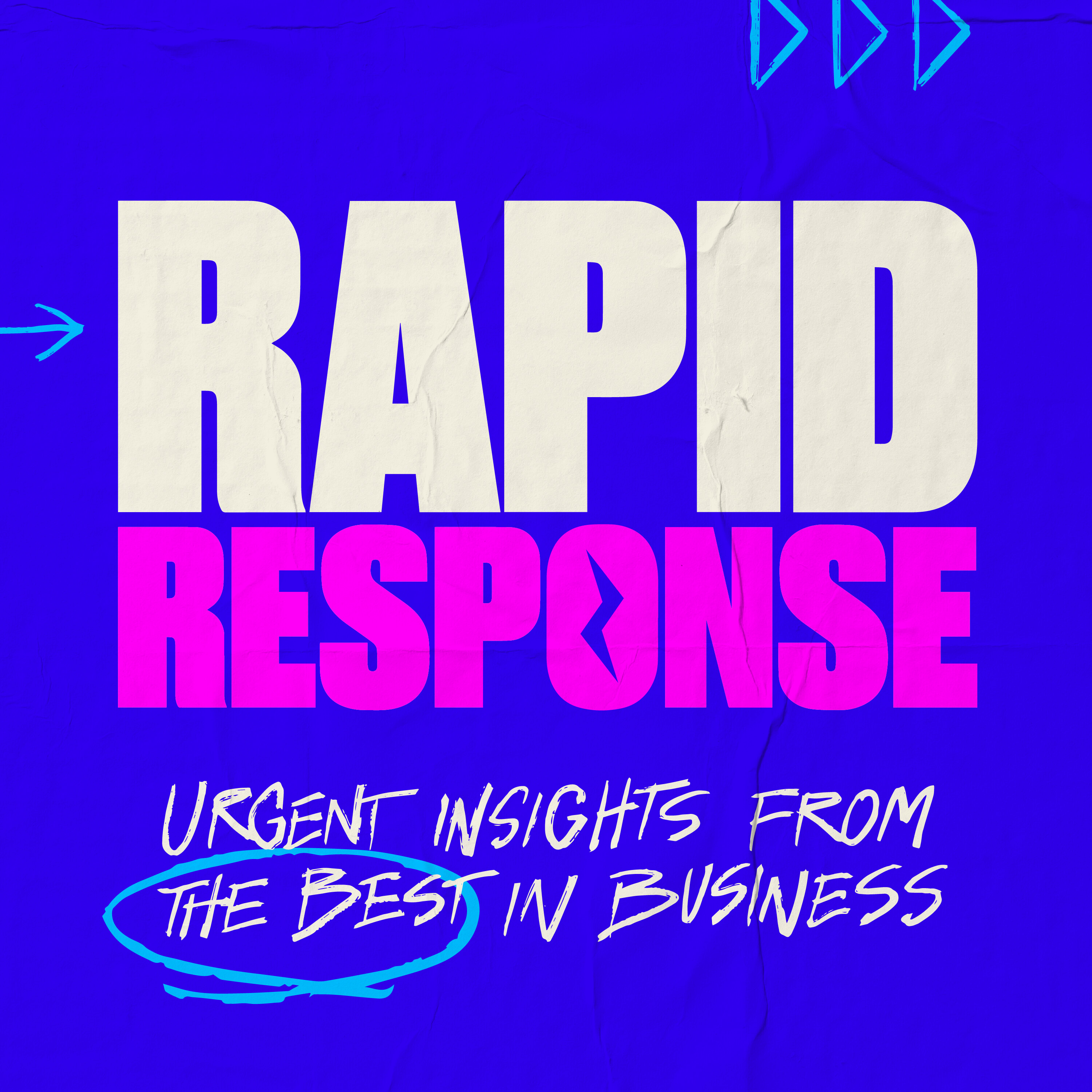
Key Takeaways
- Multiple wildfires have devastated Los Angeles, forcing over 100,000 evacuations and causing at least 24 deaths
- Small businesses and residents have lost everything, with entire neighborhoods destroyed, particularly in Altadena and Pasadena areas
- Community response has been swift, with businesses like Homestate and World Central Kitchen mobilizing to provide aid and resources
- Adaptability is crucial in crisis response - organizations must be flexible and work with available local resources
- Long-term impacts include displaced families, lost businesses, and the need to rebuild entire communities
Introduction
This special episode of Rapid Response focuses on the devastating Eaton fire that has ravaged parts of Los Angeles, particularly the Altadena and Pasadena areas. The episode features three main perspectives:
- A French baker who lost both his home and business
- A local restaurant chain providing community aid
- World Central Kitchen's emergency response efforts
Topics Discussed
The Personal Impact: Pain Beurre Bakery's Story (02:17)
Guillaume Patard, owner of Pain Beurre bakery in Altadena, shares his devastating experience:
- Recent immigrants - moved from France less than a year ago to start their dream bakery
- Total loss - both home and business destroyed in the fire
- Limited evacuation - only took essential documents and children's stuffed animals, thinking they would return
- "I put all my energy, we put all our savings...I was working constantly to try to do something with this business," shares Guillaume
The Night of Evacuation (03:20)
- Initial warning came around 8 PM
- Official evacuation occurred around 3 AM
- Lost everything including recently purchased supplies worth hundreds of dollars
- "When we woke up on Wednesday morning, we just realized that it was a real nightmare. The Altadena completely disappeared," recalls Guillaume
Community Response: Homestate's Aid Station (11:13)
Andy Valdez, Director of Marketing for Homestate, describes their response:
- Immediate activation of their Pasadena location as a community aid station
- Partnership with local businesses and vendors
- Organized distribution of essential items including:
- Blankets and towels
- Dog food
- Toiletries
- New shoes and clothing
- "We wanted to make sure that we showed up in a way that people needed," explains Andy
World Central Kitchen's Emergency Response (22:03)
Wendy Escodo, Emergency Operations Manager, details their approach:
- Rapid deployment of scouts to assess situation
- Adaptable response based on local conditions
- Leveraging local resources:
- Partnership with local restaurants
- Utilization of food trucks for mobility
- Engagement with community volunteers
- "Our biggest playbook is adaptability. We just tend to mold in the way we need to for what needs to get done," explains Wendy
Community Outreach Strategy (25:18)
- Direct engagement with affected communities
- On-the-ground assessment of needs
- Local hiring to ensure sustainable support
- "No one knows their community better than the community itself," notes Wendy
First 72 Hours of Crisis Response (27:30)
- Initial focus on immediate food distribution
- Assessment period to understand scope of need
- Organization of resources and establishment of distribution networks
- Training local teams for sustained response
Long-term Impact and Recovery (29:19)
- Ongoing needs of displaced residents
- Business recovery challenges
- Community support networks
- Resource coordination between various aid organizations
Conclusion
The LA wildfires have created unprecedented devastation, particularly in the Altadena and Pasadena areas. The response from both businesses and aid organizations demonstrates the power of community resilience and adaptability in crisis. While the immediate emergency response has been swift, the long-term recovery process will require sustained effort and support from multiple stakeholders.
The stories shared in this episode highlight both the devastating personal toll of the disaster and the inspiring ways in which communities come together in times of crisis. From small business owners like Guillaume who lost everything, to organizations like Homestate and World Central Kitchen mobilizing resources, the episode provides a comprehensive look at disaster response from multiple perspectives.
The key lessons that emerge include the importance of:
- Rapid mobilization of resources and aid
- Community-based response leveraging local knowledge and networks
- Flexible adaptation to changing conditions and needs
- Sustainable support systems for long-term recovery

